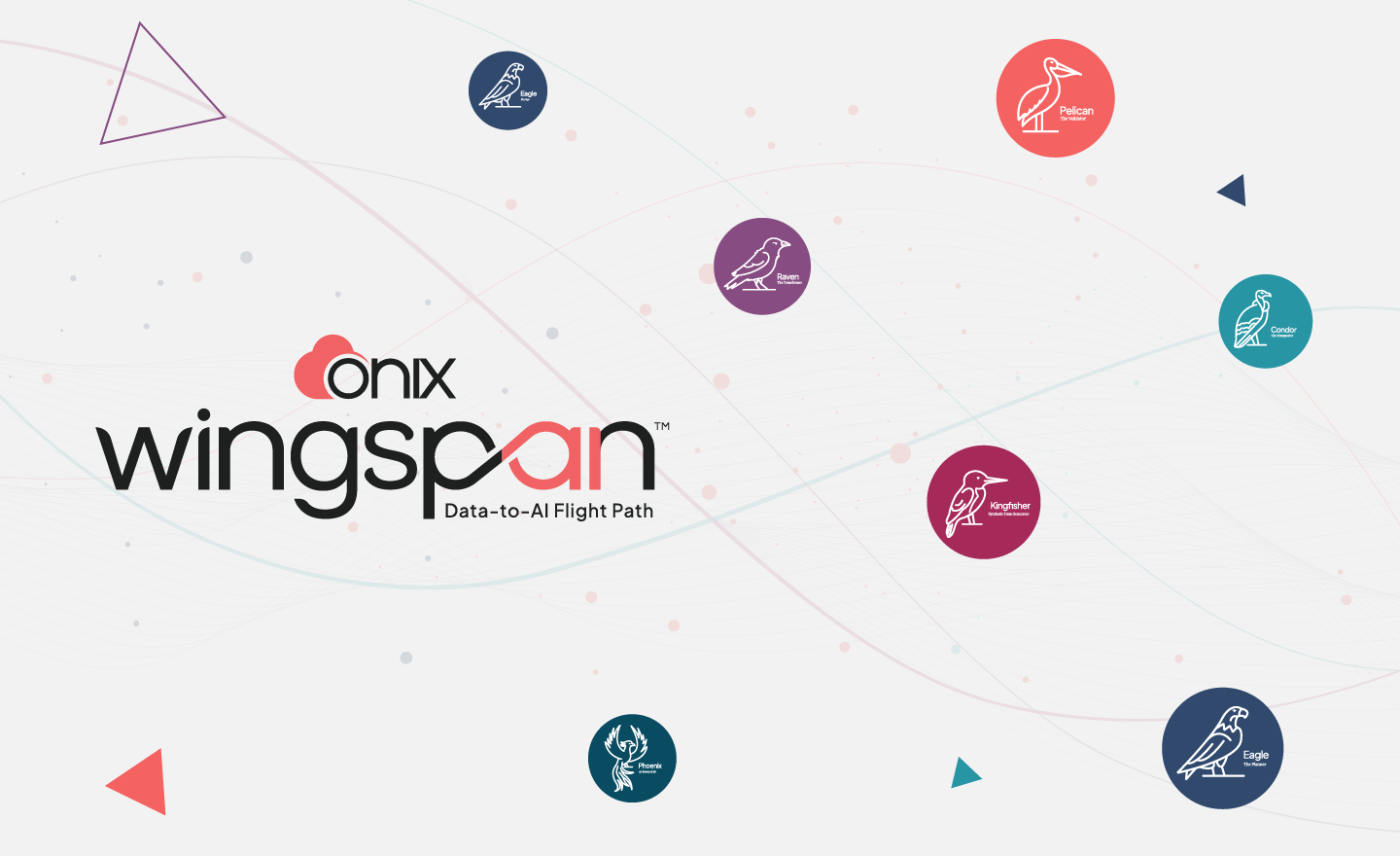There is no doubt that data validation is an important part of any cloud migration process. Without data validation, a migration project cannot be termed as successful. As more organizations migrate their data to the cloud, there is a growing need for them to validate their data in the post-migration phase. This enables them to check for data quality and eliminate any possible downtime or costly errors.
After migration, inaccurate or low-quality data can be detrimental to the company’s decision-making abilities and business operations. In reality, however, most companies continue to rely on traditional validation methods, which are both time-consuming and error-prone.
Here’s a look at why the manual method of data validation is inefficient in the modern business landscape.
Why manual data validation is inefficient
Traditional (or manual) validation is efficient for small datasets or a limited number of data sources. However, here are some of the challenges of manual validation:
- Time-consuming for larger datasets
- Increased probability of human errors
- Possibility of major (or minor) data issues post the validation process
- Additional costs of network resources
Let’s consider a typical example of manual data validation:
Table A on Oracle contains data, which needs to be migrated to Table A+ on BigQuery. Here’s how the conventional migration method works:
- Transfer Table A from Oracle to BigQuery.
- Compare the records of Table A with Table A+.
In this conventional method, the process of moving data between tables is both time-consuming and costly, as it utilizes network resources. Further, Table A and A+ consume double storage space in BigQuery, effectively increasing storage costs. You also need to run database queries on both tables, thus incurring additional charges. Besides, you need the expertise and services of qualified SQL professionals to write and run SQL queries and the data validation code.
Next, let’s discuss how to automate data validation by using Onix’s Pelican tool.
Automating data validation using Pelican
With its Pelican tool, Onix can automate your data validation process irrespective of the source (or target) systems and the volume of data to be migrated. The Pelican data validation tool features Zero Factor which can streamline the entire validation process.
As the name suggests, the Zero Factor feature of the Pelican data validation tool ensures the following benefits:
- No requirement for writing any validation code
- No need to move data between systems
- Zero system downtime during the data migration process
- Maximum data security during the migration process
- No uncertainty during the decommissioning of legacy systems
Here’s how the Pelican data validation tool automates the entire validation process. Let’s consider the previous example:
- Pelican does not move any data (or records) from Table A (Oracle) to Table A+ (BigQuery). The data remains in the original systems. Using a pushdown architecture, Pelican leverages the data processing capabilities of the source and target data platforms to perform the validation.
- Pelican generates a “fingerprint” of the source data using its proprietary built-in algorithm. This fingerprint is reduced to a minimum level, thus cutting down the data size from gigabytes to a few megabytes. The Pelican tool then identifies any mismatched data samples in the source folder.
- With the same algorithm, Pelican creates the fingerprint of the target data. Both the source and target fingerprints are compared for any differences.
How does this automated validation process benefit data migration?
- Data validation is executed with zero impact (or downtime) on the source and target platforms.
- By comparing mismatched samples, Pelican performs a more complete validation process.
- Pelican reduces the overall storage and network costs.
- Pelican’s simple UI makes it easier for beginners to validate the data without writing any validation code or query.
- Cell-level validation improves the accuracy of the migrated data, thus causing zero uncertainty when decommissioning the legacy platforms.
Validating data with zero concerns
Through automatic data validation, organizations can save time, money, and resources in the post-data migration phase. As an industry-accepted validation tool, Pelican enables a smarter way for companies to validate their data.
Now part of Onix, Datametica is an industry leader in data migration and modernization. As part of Datametica’s bird suite, Pelican is designed to simplify the validation process with its “Zero Factor” feature.
If you want to learn more about our Pelican tool, feel free to contact us today with your queries.








